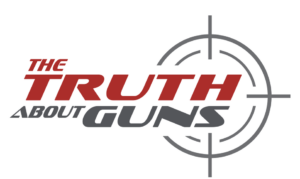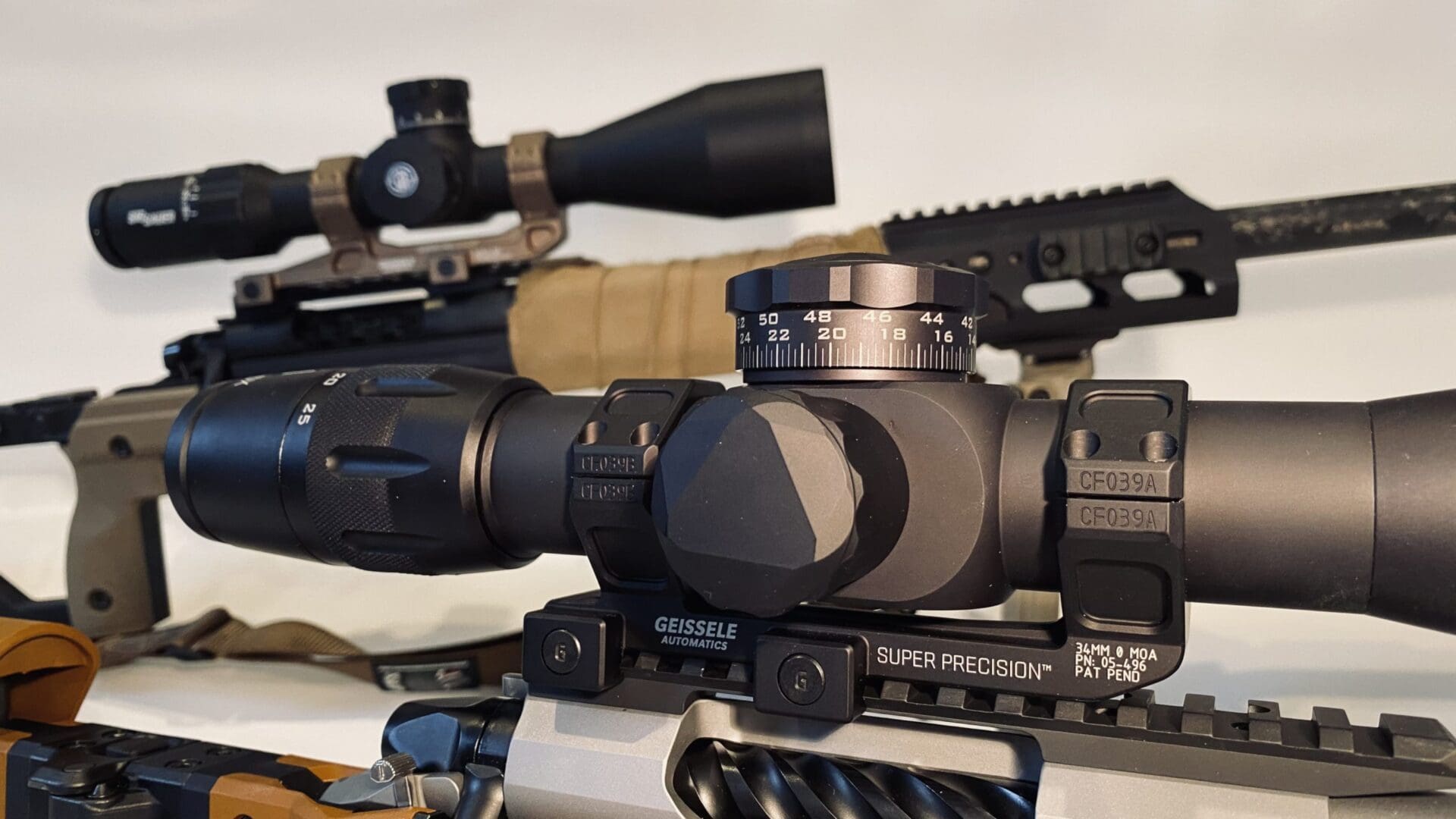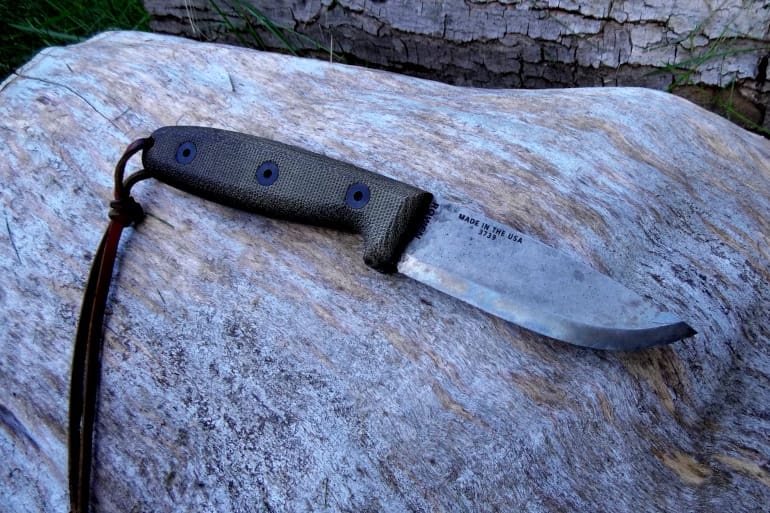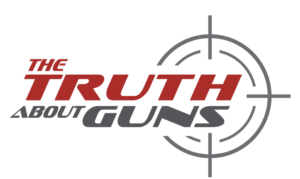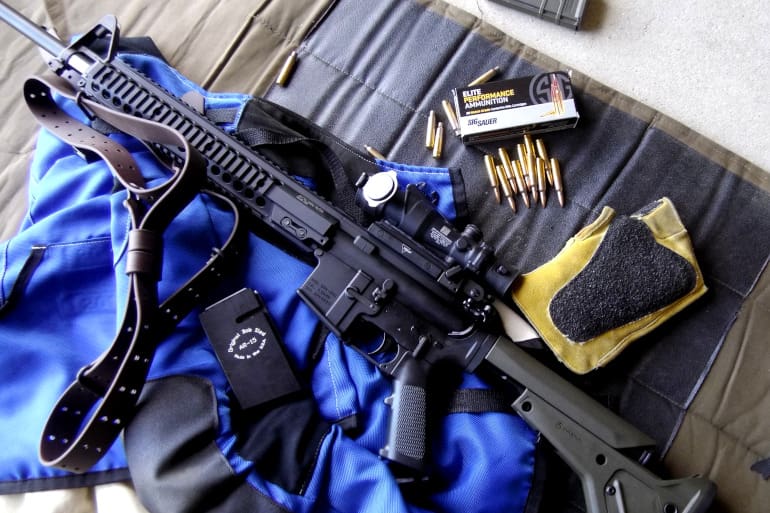
I’ve been active on the competitive shooting scene since I was fourteen years old. In that time I have learned a great deal and have been constantly and regularly humbled by the amazing and dedicated people I meet on the way. Today we will be taking a candid look at what it takes to get started in competitive shooting and what I have taken away from my involvement over the years.
Are You Cut Out To Be A Match Shooter?
The first thing you must realize about getting started in competition is that you probably won’t be very good at first and get your ass handed to you, time and again, sometimes for years without end. Others among you will get lucky and pull off a win early on, often to the chagrin of other seasoned shooters.
I won a CMP bronze in my first match at Camp Perry back in 2007 with a borrowed 1903A3 to the surprise of many. Ten years later in 2017, I placed 7th overall in the CMP Vintage Match and posted the highest score at the National Matches with the 6.5x55mm Swedish Mauser.
While that seems high and mighty, I posted a bronze in both my matches in 2018 with my own 1903A3 and the same Swedish Mauser and did an overall poor job as far as marksmanship was concerned. Be prepared for bad days and be happy for the good ones.
To all parties that matter I am, on average, a mediocre shooter who is able to offset a lack of natural skill with high-volume practice, high-end gear, and almost unlimited range time thanks to my profession. Despite the fact that I am not a categorically high-end shooter, I never let that bother me and just did my best. That said, I know some extremely talented shooters who just have an innate skill. Some are born with it, others have to learn it the hard way like I did.
Some of the best shooters I know don’t necessarily do well in competition. The day of the match is its own day and it may be a good day for you and a bad day for the local champion, or vice versa. I’ve regularly shot with people who clean up at local matches and choke at nationals. I’ve met others who find their nerve and surprise everyone around them at the big games.
The message here is that you should bring your best game and accept that there are going to be days where things fall apart and other days where the stars align regardless of what type of competition you decide to enter. Which brings us to…
The Competitive Attitude
I used to play Call of Duty in my college days and early years of marriage. Home ownership, travel and work, and growing a family have made it so that my days of playing online games are over. Although I enjoy the occasional few hours a week fighting the cult in Far Cry 5 (great game by the way), I seldom have time to compete in online warfare any more. Instead, I spend my competitive energy in an arena where failure is blamed not on hackers or campers, but any number of factors…except the shooter.
The wind. Rain. The barrel was too hot or too dirty. Maybe the barrel was too clean. The gun jammed. A round didn’t go where I swore it went. The scope was off. I had coffee the morning of the match. I drank too much with the boys the night before and was slow. I’ve heard them all over the years and I have to say that all are possible, but seldom are the true causes of a loss.

There are a great many moving parts in guns and ammo. Lots of things can go wrong at very inopportune times.
Firing pins break. Screws come loose. There is no telling what can happen, but I will tell you now that nobody likes a hothead at the range or someone who is willing to argue where a given bullet hit despite evidence to the contrary. Accepting failure is very important and your ego should not be tied up in how well you do while playing a game, which is what competition is.
To be successful in competition, you must not be an a-hole to your fellow competitors, range officials, or your family back at home when you don’t do as well as you would like. There is only one person to blame for your success or failure and that is you.
Shooters are a fun, casual bunch who generally are looking for camaraderie and will usually enjoy a post-match beer and burger as much as the actual match itself. I look forward to this more than I do shooting these days as it’s one of the special times I get to spend with family and friends. Doing well in a match has nothing to do with your score and everything to do with how well you accept your mistakes.
A sore loser is not looked upon highly in competitive shooting. The people who swear under their breath instead of laughing are, by general consensus, taking things too seriously. Competitive shooting, after all, isn’t a life-and-death matter, but a game played for points just like golf or tennis. It really isn’t that different and you’ll find people who you play well with and others you will want to avoid.
People You’ll Meet In Competition
The biggest problem new shooters face when getting into competitive shooting is other shooters. I consider myself an honest guy who knows that my words are read by a lot of people. I have to be honest in my dealings as it could have a real impact on someone’s life. I got into gun writing because I liked to read the columns of certain gun writers and, as fate would have it, I have had the chance to meet many in person and tell them how they inspired me. Dishonesty doesn’t serve me, but it does others.
I’ve found that gun salesmen are generally not to be trusted. Many get into the career because they like guns, but liking guns does not mean they understand them or have a realistic idea of what you’re looking to purchase. Gun salesmen will often try to convince you that they know better because they work behind the gun counter, but many are fanboys or just out to boost their own ego.
The intimidating nature of buying a gun can be daunting to new shooters. When confronted by a crusty, impatient old man behind the counter or a tactical polo dude with a Punisher tattoo, many a newbies will shy away.
These folks are present in all areas of the shooting world. Yes, they are unbearable, but most are harmless curmudgeons and fanatical killjoys with nothing better to do than flex on people. You will find them at the range and in the shop.

The dreaded Range Nazi comes in many shapes and sizes. This is the hated range member or match officer that takes pleasure in correcting people and treats everyone as an incompetent invalid. This is the type of person who hovers and nags and is extremely concerned with the rules, even when everyone is following them with no issues.
I once saw a Range Nazi pull a seasoned shooter aside at a rifle match and berate him for how he cleared a jam in his M1. The Range Nazi literally called him a ‘foaming retard’ for bracing the rifle butt against his thigh so he could pound the charging handle in order to clear a stuck case in offhand competition.
For all concerned, this is fairly standard practice, but the muzzle had ‘gone above the berm’ and this man saw fit to make nothing into something. Some people just won’t like you no matter what you do, so don’t take it personally or let it ruin your day.
Luckily, most people you’ll meet quite reasonable and downright friendly. Most work normal jobs and compete for fun against their friends or fellow range members. These people are typically very social and will help you in a friendly and unbiased way. This is the best type of person to learn from as they are usually patient and want to include others in their sport.
Unlike the Range Nazi who is inconvenienced by your mere existence on the firing line, regular shooters will usually lend a helping hand or word of advice when they see you struggling. I’ve found that most things worth knowing about competition can be learned from other shooters. If you’re humble enough to accept that you don’t know it all, you will do well.
Your Gear
Your gear takes time to assemble depending on what sport(s) you want to compete in. This can be as simple as a stock pistol with a holster and a couple mags to a custom match rifle and support gear costing thousands. It all depends on your budget and what you want to accomplish.
Each competition style has unique requirements as far as gear is concerned. Some sports will regulate the ammunition, sights, scopes, and even the magazines. Expect to have to do some research into your sport and determine what you will need to be successful.
Don’t fret if your first attempt is a failure. Competition is all about going back to the drawing board and working on what you didn’t do right. I don’t know a single person who has the same gun and gear as they did on their first day in a particular sport. I’ve been through dozens of rifles and pistols over the course of my competition years and have settled on a few that I know work well.
I personally prefer a SIG SAUER M17 as a competition pistol and mine is stock, as is my pair of 1903 Springfields and Swedish Mauser. My National Match AR is custom built, but is within regulation for the CMP sports. You’ll be seeing more of this rifle to come this year as I discuss its build and eventually take it to the President’s 100 match at Camp Perry.
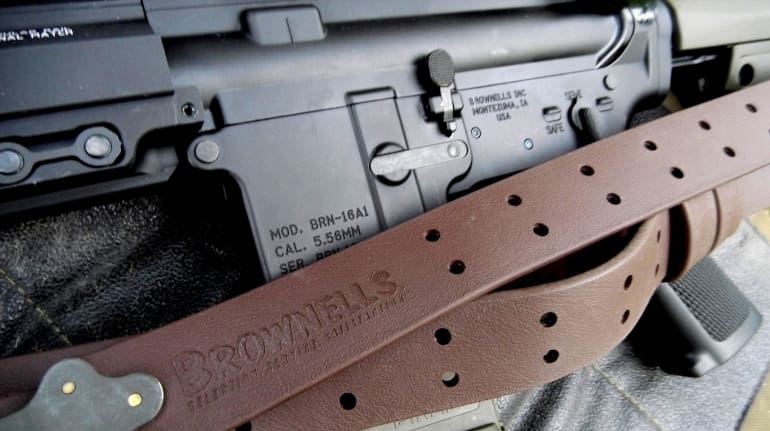
If you buy your first handgun for competition based on what’s popular at your local range, you may get poor results as it may not be the gun for you. Many old pistol guys I know have GLOCK guns, however the demographics have changed recently as SIG has been storming the field with their seemingly unstoppable P320 line. A recent trip to a range near me revealed virtually all young shooters had SIG competition guns, typically the X Series.
Many older shooters still shoot GLOCK. It will all depend on what you want in a gun and who teaches you. Everyone has their point of view on what makes a gun good and you will have to discover that for yourself. It’s okay to start based on the recommendations of local experts, but don’t be afraid to go beyond them to make it better for your shooting style.
Practice Really Does Make Perfect
I will leave you with this thought. I’ve done well in competition not because I fire the most rounds, but because I have a good attitude about it. I know that my failures and successes ebb and flow and I’m okay with something going wrong.
You will experience failure, but that is all part of it. When I say practice makes perfect, I’m not talking about practicing with your gun, I am talking about practicing a winning attitude. Instead of fuming at the match winner, buy them a beer and talk to them about what they do that helps them win.
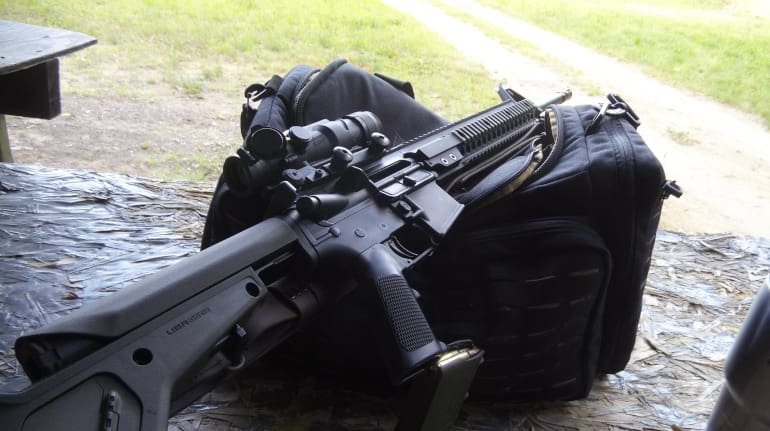
You will find that most good shooters don’t want to win easily. They want stiff, constant challenges that force them to get better. By helping you they’re helping themselves.
One day when you’re the local champ watching that kid fumble with his shooting coat or homemade holster, don’t shun him or laugh at him. Remember you were there once and if not for people like you are now, there would be no more shooters having fun on the competition line.
